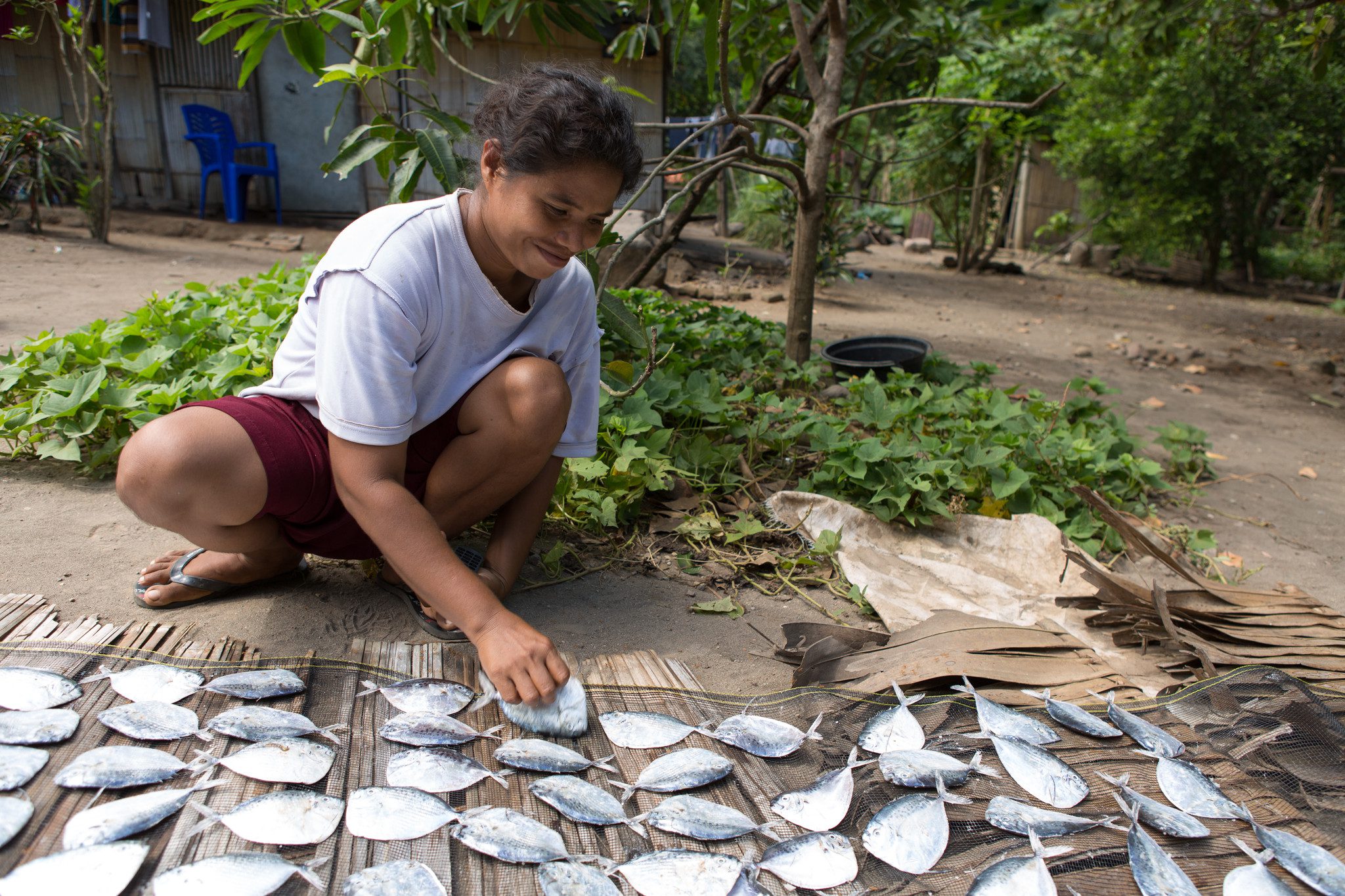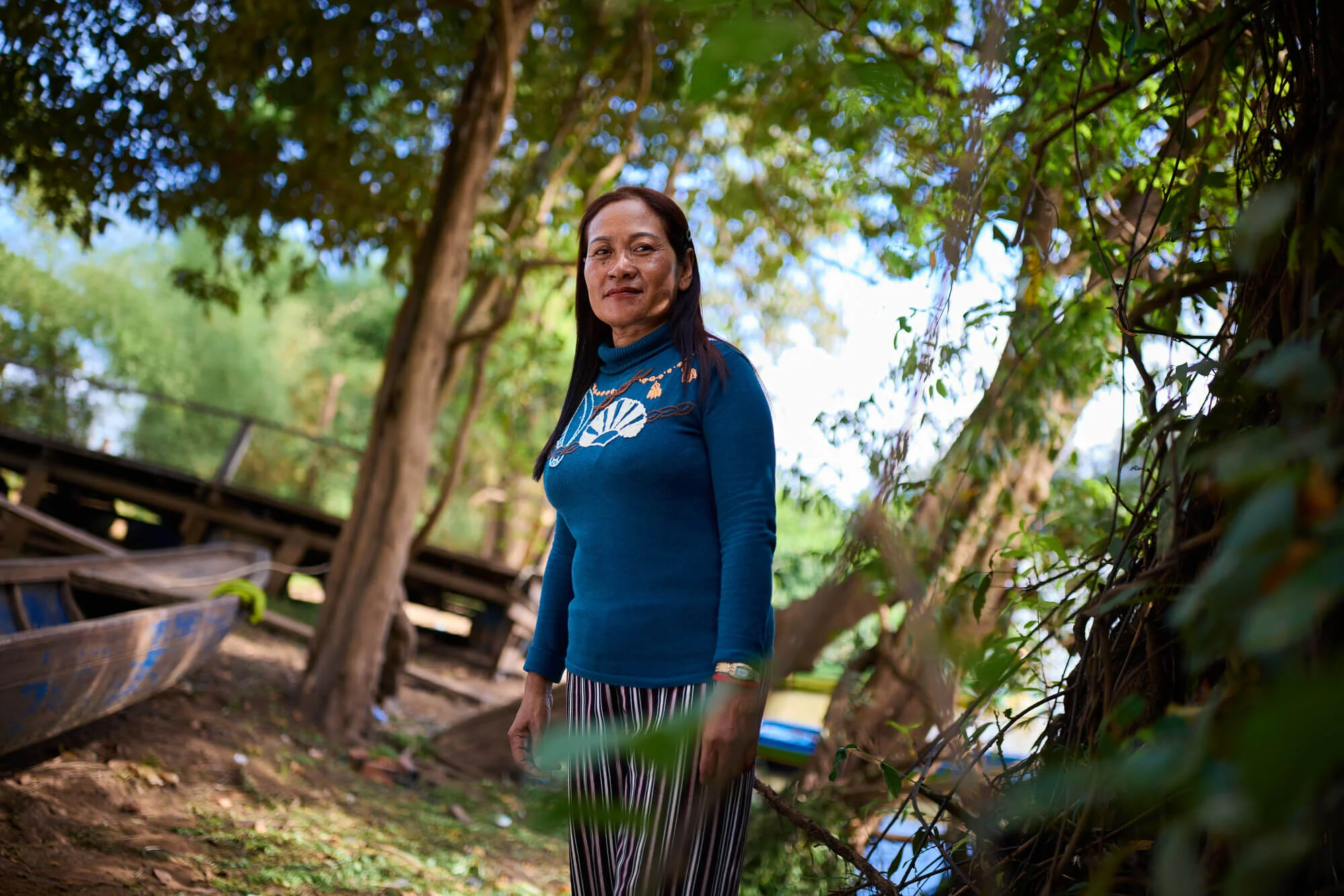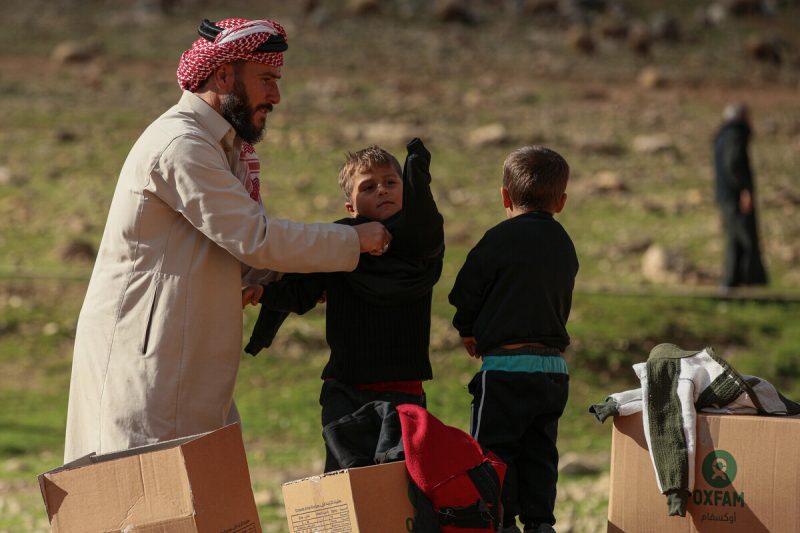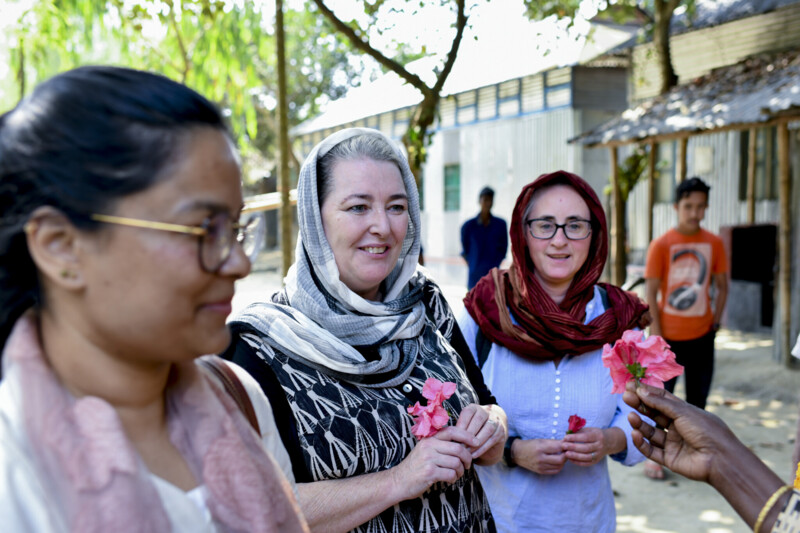Ibu Silosor’s husband is a fisherman. He leaves the beach and “is at his Bagan [a wooden fishing platform out to sea] by 6pm. [He]… came back [this morning] at 5am,” Silosor tells me outside her home on the small island of Lembata in eastern Indonesia.
Silosor, has already salted her husband’s overnight catch of fish and stingray. She hopes to sell a “chain” of 30 dried fish for around 20,000 rupiah — but before you get excited, you should know that that’s roughly two Australian dollars.
I heard the poorest of the poor being described a couple of times during my stay in Indonesia as “lazy”; but I’m not so sure. “Every day my husband goes to the platform — every day unless there is a full moon [when fishing is almost futile],” Silosor tells me.
I’m convinced that life for families like Silosor’s is damn hard. And working those hours, day in and day out — for a sum of money that affords very few, if any, of life’s luxuries, let alone school for her kids or adequate health care — must wear all but the most hardy down. Silosor explains: “I wake up at 4.30am. I prepare the children to go to school and feed them. I did the dishes, washing clothes and cleaning house [before leaving to] meet my husband at the beach at 7am.”
“It is difficult to make a living. My husband is not lucky when he is fishing. Many times we did not get as much as we hoped,” she says, “When we are lucky he can make 100,000 rupiah [AUD $10]. But many times [we make] under 30,000 rupiah [a day],” she tells me. Unsurprisingly, Silosor says, “This is not enough.” With an average weekly income estimated by her at AUD $20–30, she tells me that her husband would like “bigger nets, and a bigger boat with a boat machine, so he can get further out to sea.”
While men generally spend the night out fishing, women often meet them before dawn to clean, sort, dry and get fish to market. More remote fishing families find it difficult to transport their fish and waste occurs with lack of access to transport and refrigeration.
By Juan Martorana
Write to the Australian Government urging it to play a leadership role in tackling global hunger. Find out more and take action.




